Minors v. the K-pop Industry
Psst – Your Entertainment Might Not be Worth the Excruciating Pain Artists Go Through
February 15, 2023
Stardom comes with a price tag, and pain follows popularity: if you want attention, you need to endure the discomfort that comes with it. While some optimists view this as a motivational saying, in the K-pop industry, it’s taken quite literally. We’ve enjoyed the long run (and rise) of the Korean wave, but it’s time to question the business model behind the mastermind industry profiting trillions off of their stars.
In these entertainment firms, artists are forced to live with no privacies or boundaries. From personal life being exposed by Dispatch (the Korean TMZ) to stalkers that call themselves fans, idols are constantly judged and spied on. If that wasn’t tough enough, the industry expects celebrities to be relatable and close to their fans at all times. These situations are already hard to handle as an adult, but it becomes extreme when forced upon teenagers.
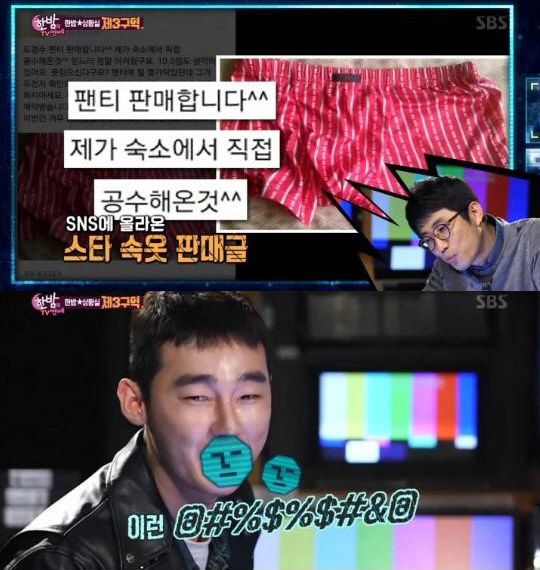
So, should teens even be a part of this invasive industry? Even in the past, there were many successful idols that debuted at a significantly young age (13-14 years old) such as BoA, Jisung from NCT, and Taemin from SHINee. However, ever since the viral success of Jang Won Young, who became an instantaneous icon at 14, this trend of producing young artists became prevalent – almost reaching the point of it becoming a competition between companies. Hyein (NewJeans), Bo-eun (CLASS:y), Seon-you (CLASS:y), and Haeun (Lapillus) are all 2008 babies that debuted just last year. Are these 14-year-olds ready to face this raw and relentless industry? My answer is a straightforward no.
Stars have to deal with “sasaengs” (extreme fanatics) who invade their privacy on a daily basis. Some even go as far as to mail letters written in blood, follow celebrities into restrooms, make pornographic edits, sell personal information, and blow up private numbers with inappropriate calls and texts. With the situation spiraling out of control for first and second gen idols, recently debuted groups receive heightened protection from their respective companies.
And this effort worked. Nowadays, the appearance of sasaengs has significantly decreased. There are even voices fighting for the abolishment of tabloid-like sources such as Dispatch. For the most part, though, the personal lives of artists remain unsteady in the industry. Young idols, especially, are targets of heinous pornographic edits and are constantly forced to suck up any public complaint. It’s sad, but it’s true.
Along with the destruction of privacy, K-pop promotes unrealistic body representation, using adolescent stars as figureheads for this propaganda. Unattainable beauty standards are problematic on a wider scale. A popular body trend in Korean society calls for the 120 = height (cm) – weight (kg) ratio (often denoted as the formula for the “perfect” weight) which largely affects teens who should be consuming healthy food for proper growth. These fads are glamorized in Korean media, resulting in many fandoms wanting to model their favorite celeb’s every change. Group polarization and peer pressure only edge them closer to the scale, and away from the fridge.
I, myself, know the dangerous toxicity of this trend. Even still, after hanging out with people firmly following this movement, I often feel stressed, thinking that I am not enough. Considering that some idols are younger than me, I think we should take a step back and reevaluate the body representation’s validity.
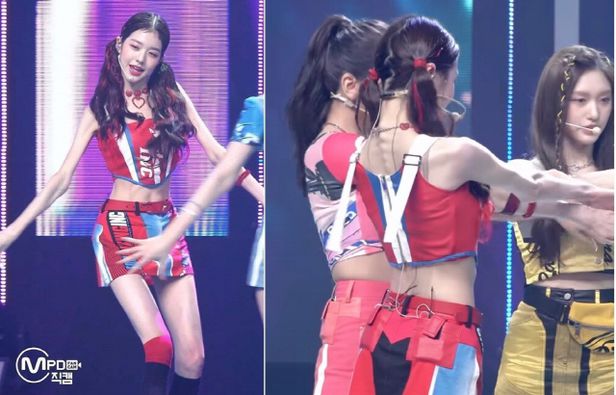
Fans and society praise K-pop artists that are clearly underweight for having “healthy” and “beautiful” bodies, while idols that are at an average weight receive hate comments which pressure them to either lose weight or even leave the group altogether. As even the slightest physical change can affect the career of the artist big-time, many pop stars and even trainees suffer from harsh diets at a significantly young age.
Those that are introduced to the industry from a young age usually end up being severely obese and hurt after retirement. They also become vulnerable to mental issues such as panic and eating disorders. Idols are also human and this whole nonsense about the “ideal” weight should no longer continue. In order to make a change, fans need to see the wider spectrum related to basic health.
All idols have different standards and schedules, but getting caught up in this craze is inevitable. Separating adolescents from toxic beauty standards should be a priority. Underneath all the glamor, these young stars remain normal teenagers that society has to protect. Like the many fans who are suffering from these stringent expectations, the idols themselves are starving alongside them.
In general, it seems that the K-pop industry is pumping out groups that get younger by the minute. Ideally, this creates more profit – the band forms a stronger, closer connection with their fans, who are usually the same age as them, bringing increased revenue in the form of sponsorships, tours, and overall support.
Unrealistic beauty standards aside, where do we even cross the line between professional performance and the subtle sexualization of young idols? Recently, the lyric of the song ‘Cookie’ by NewJeans hit the headlines for being controversial. In Korean, the lyrics seem innocent, but the English translation reveals just how awfully inappropriate the slang, “cookie,” was. This double-sided translation sparked heated discussion since the members of NewJeans are young teens who sing and practice suggestive lines and moves provided by their company. Whether those responsible for all five members knew of the slang, they should´ve known better than to assign it to young teens.
Another common method of hyper-sexualization is dressing each member in uncomfortable and short clothing, often against their will. Obviously, this purposeful styling choice becomes especially problematic when applied to minors. Yet this situation seems to slowly improve as some girl groups decided to wear long tracksuits for performances, or even wear long pants in short skirts. As the performers, members should be discussed alongside the stylists on which outfits they should wear, specifically those that feel comfortable in them.
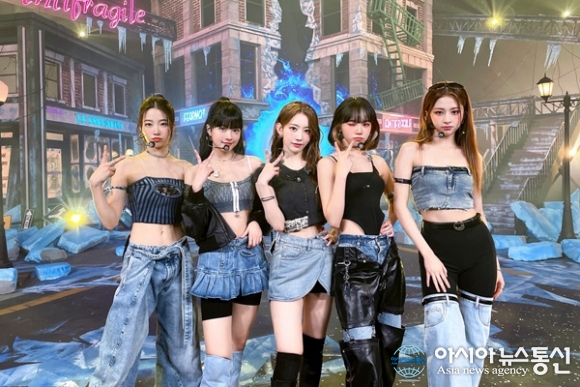
Idols are exposed to entertainment more than school, resulting in an odd and fragile childhood or adolescence. Especially in conditions of companies that don’t support or respect their trainees, often involving violence or gaslighting, mental issues are easily added to the teetering pile of pressure. While K-pop undoubted3ly inspires and entertains fans around the globe, this culture won’t continue its fame and will collapse soon – unless it makes or breaks for a change. For the best of K-pop and its subcultures, it’s worth advocating for a safer entertainment field. At this point, we either opt for change or put a stop to the show entirely.

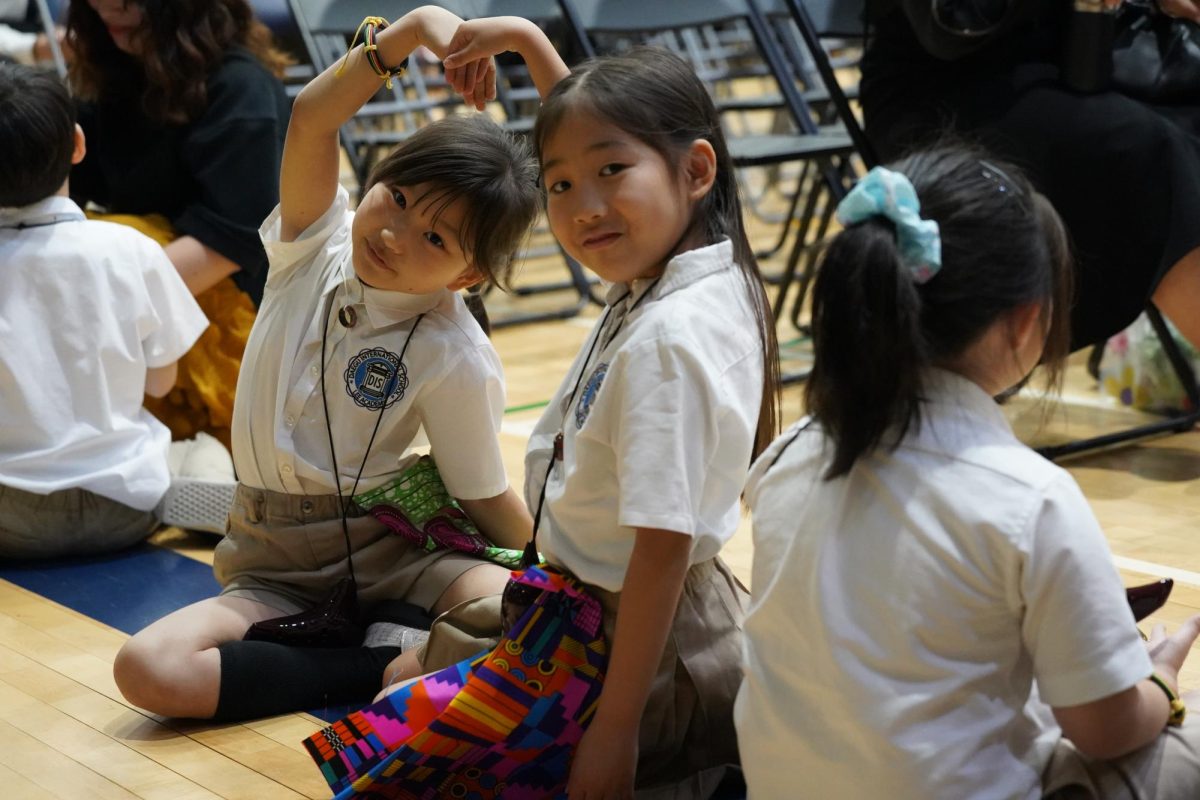


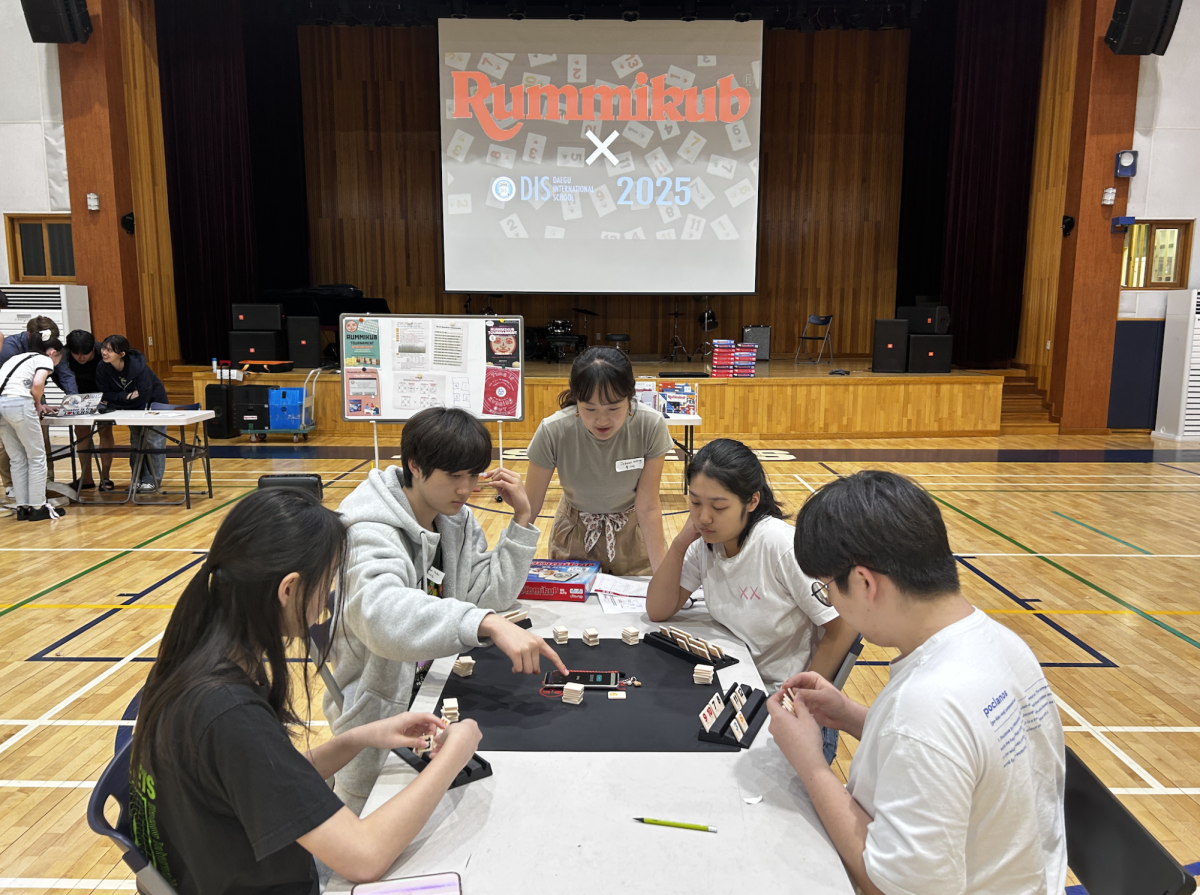
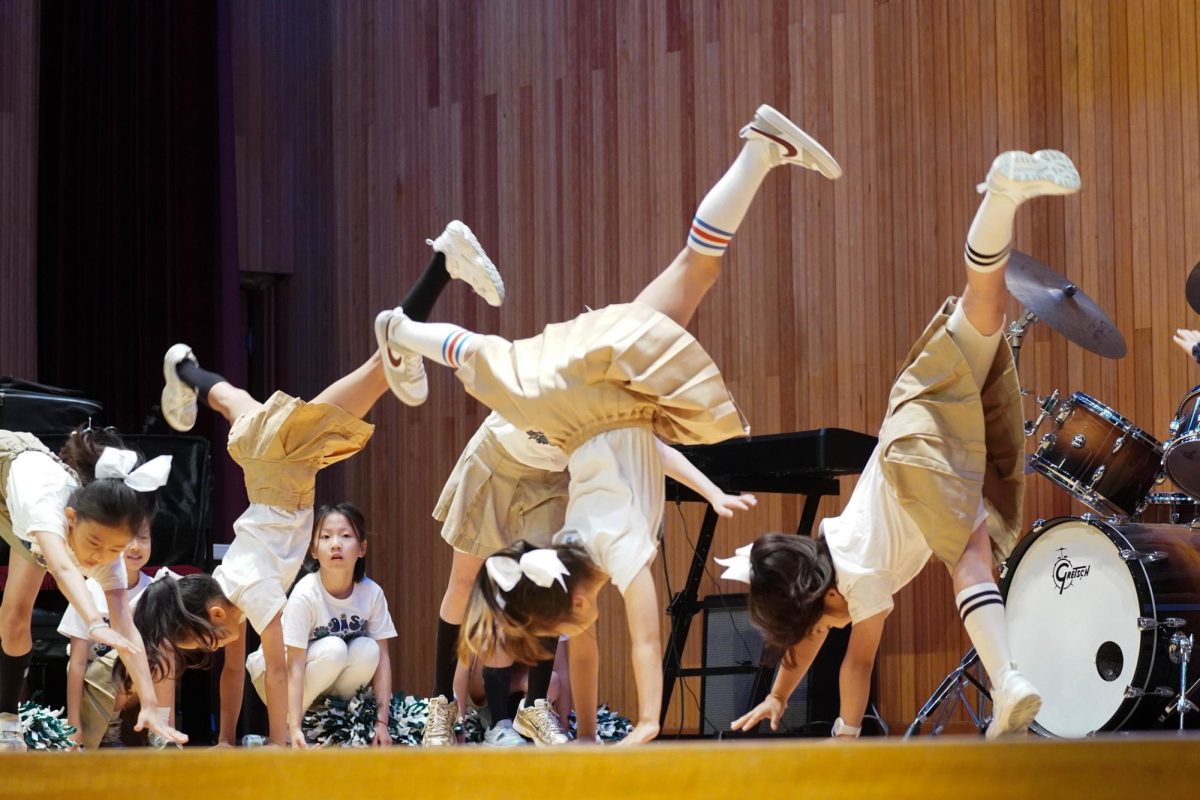
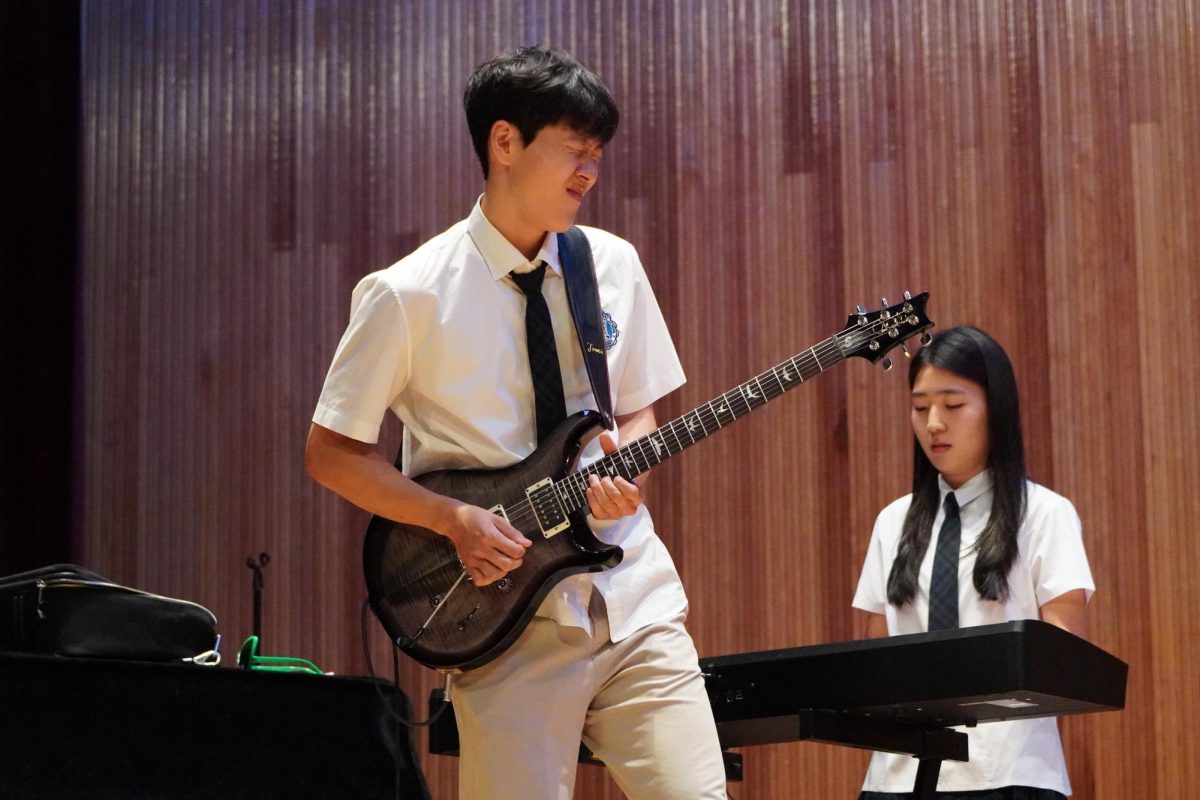


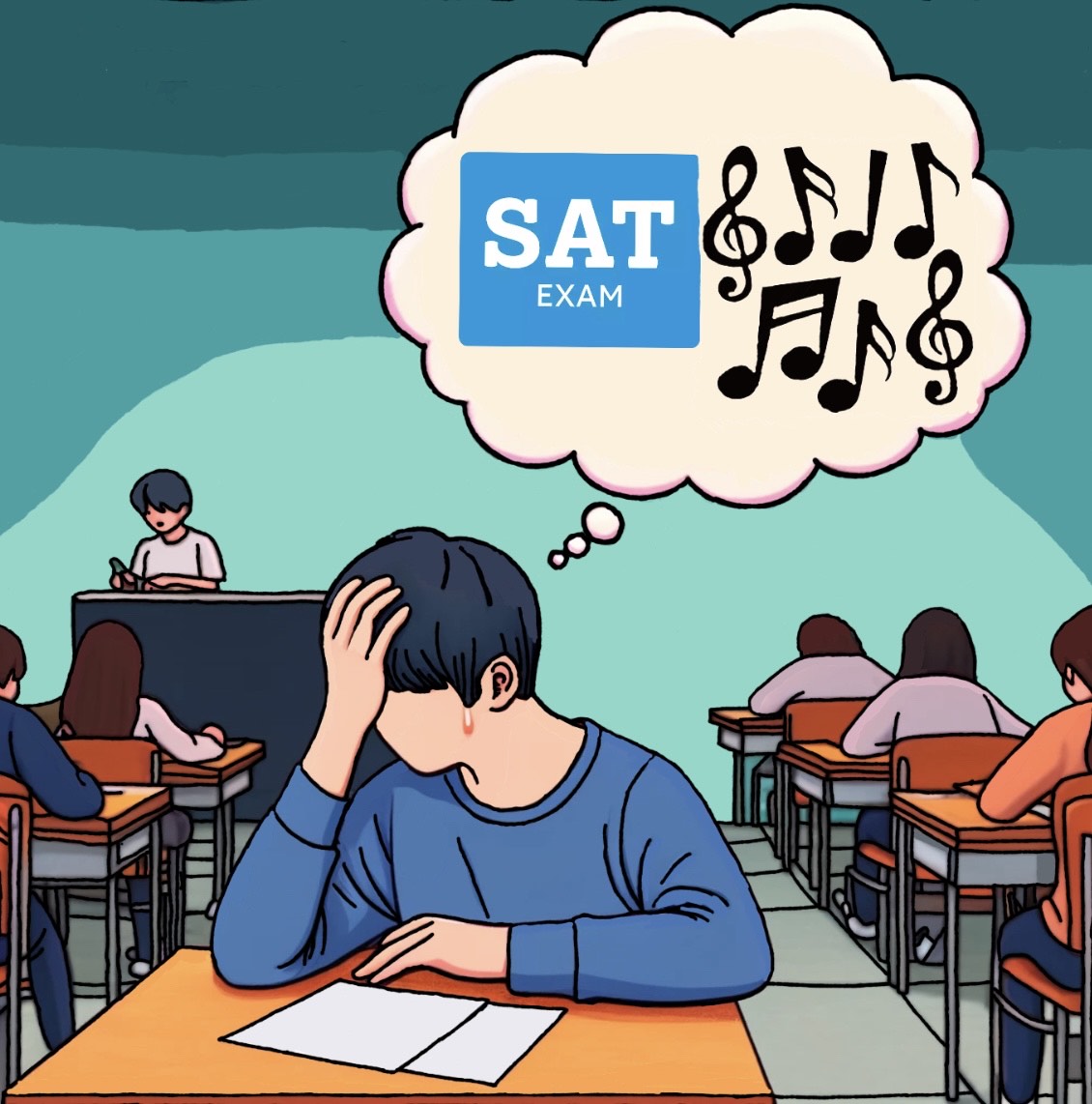
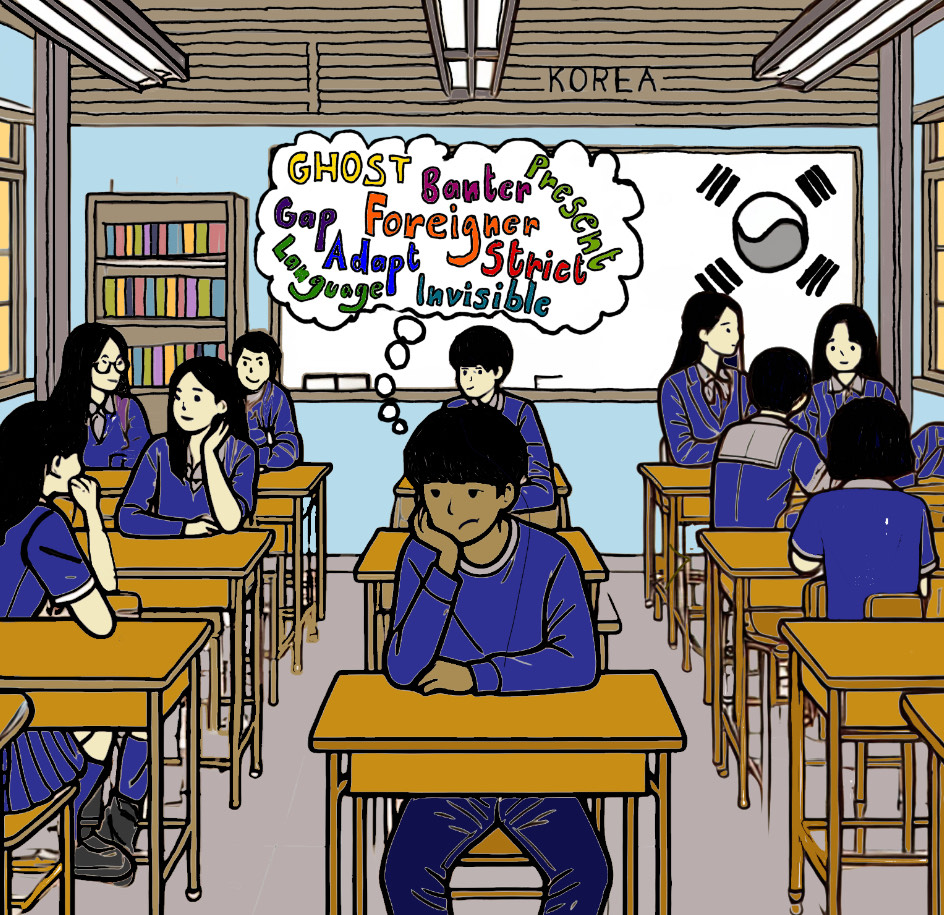


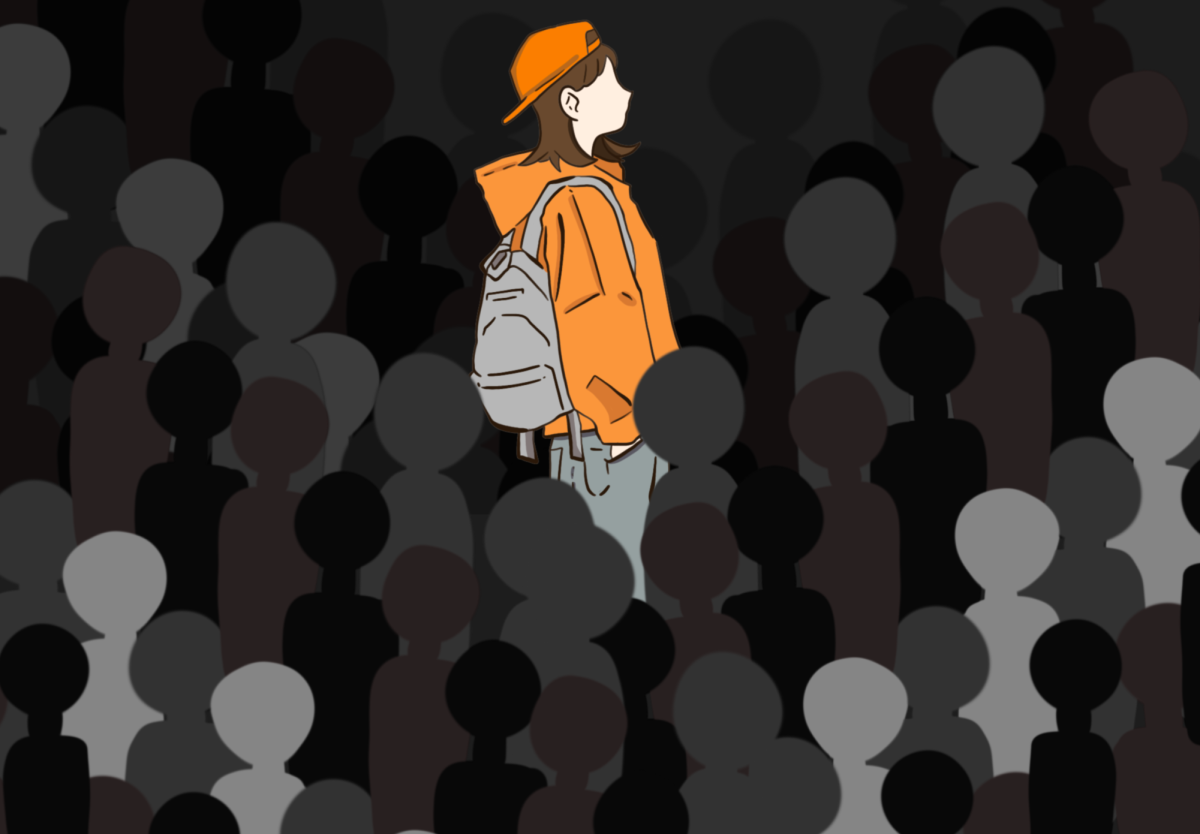




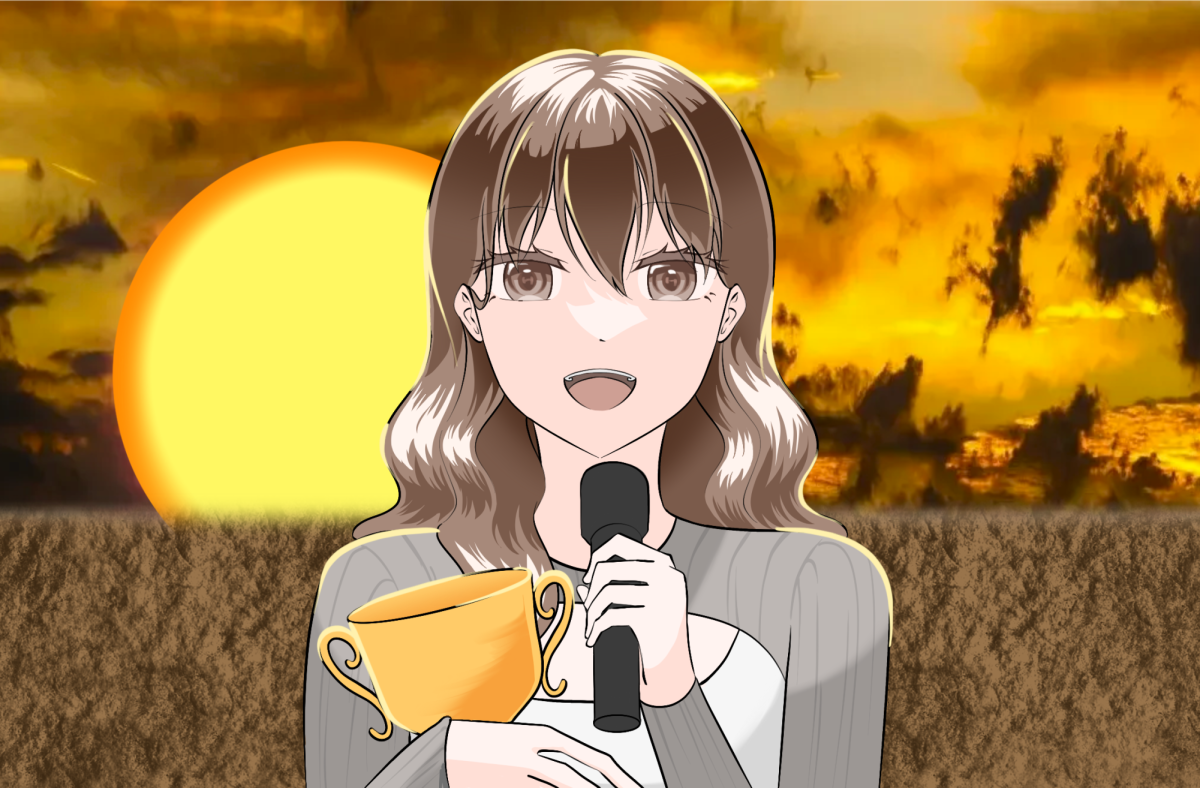

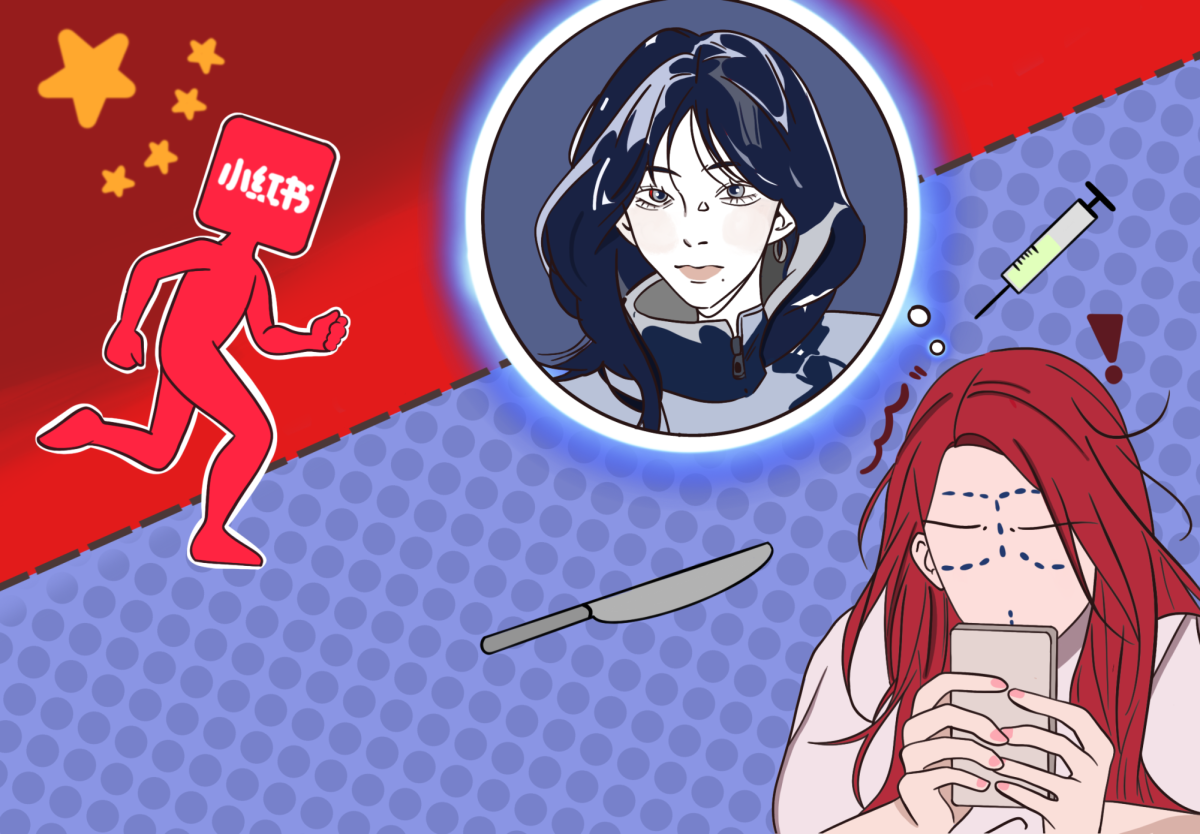
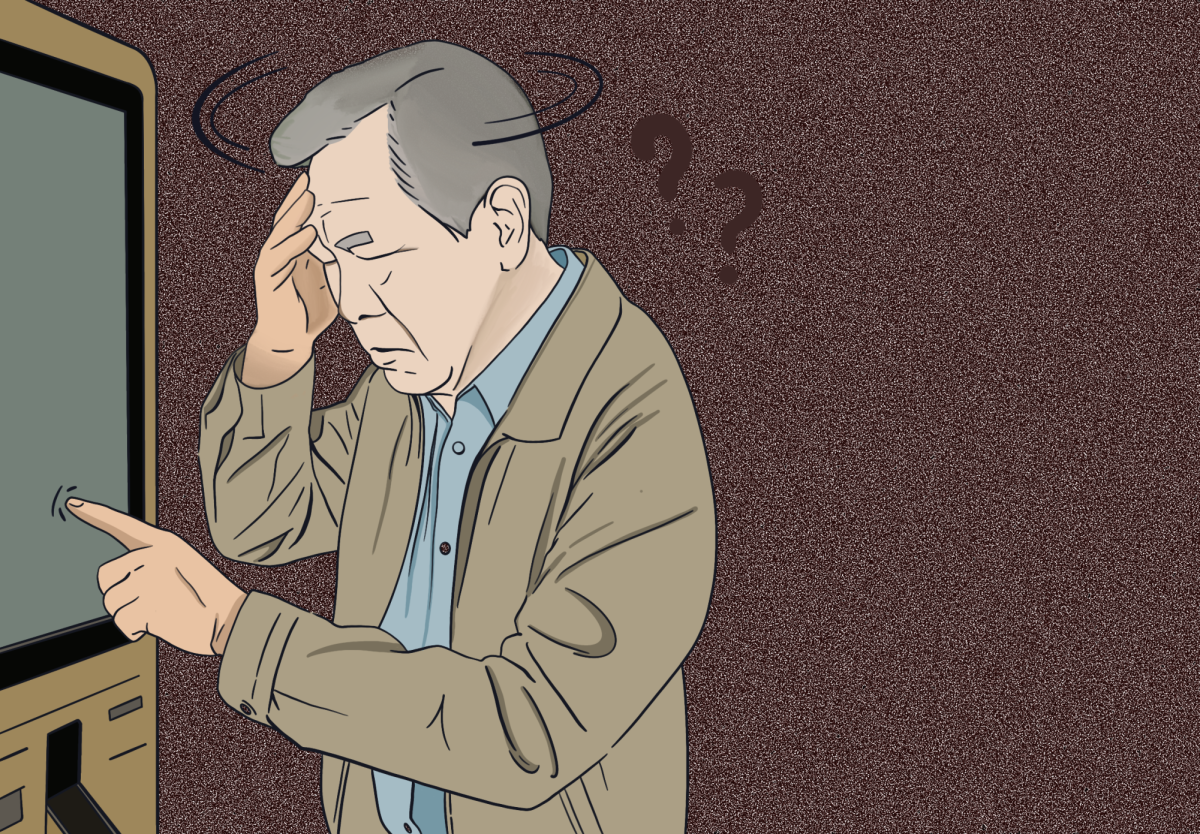
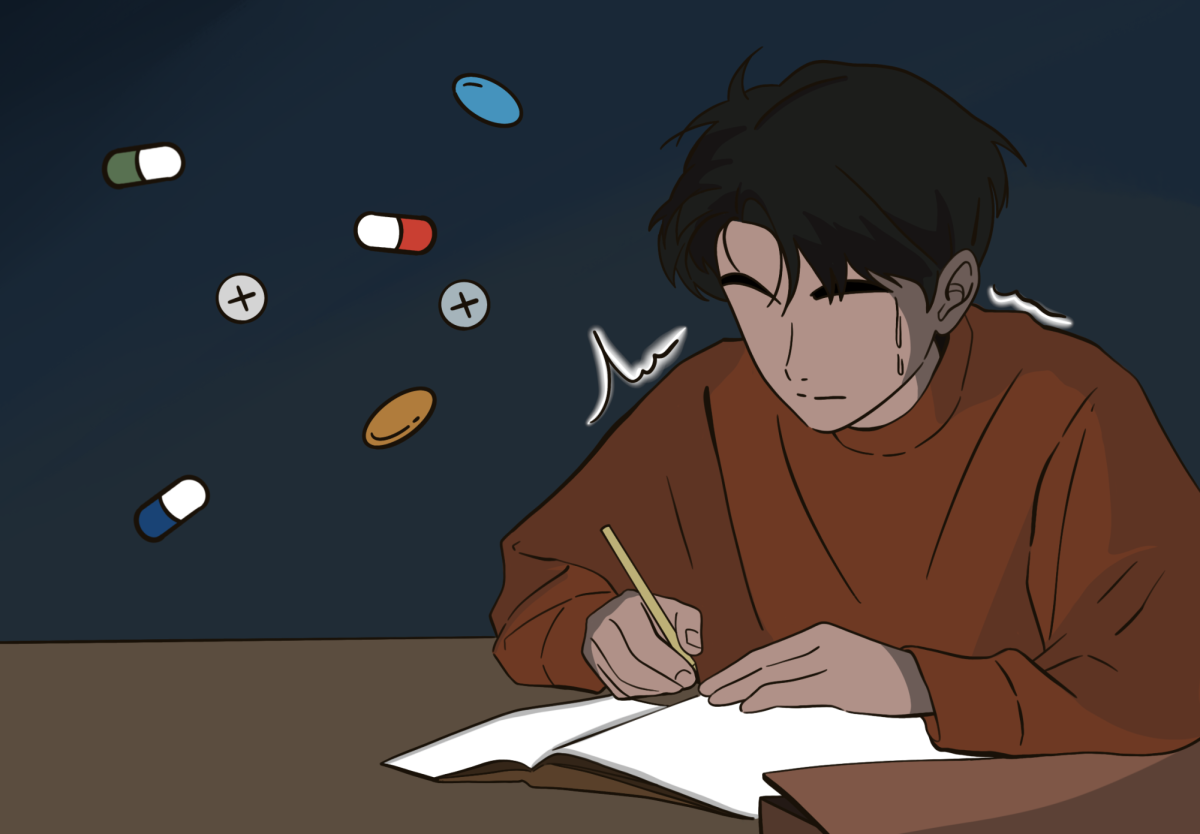
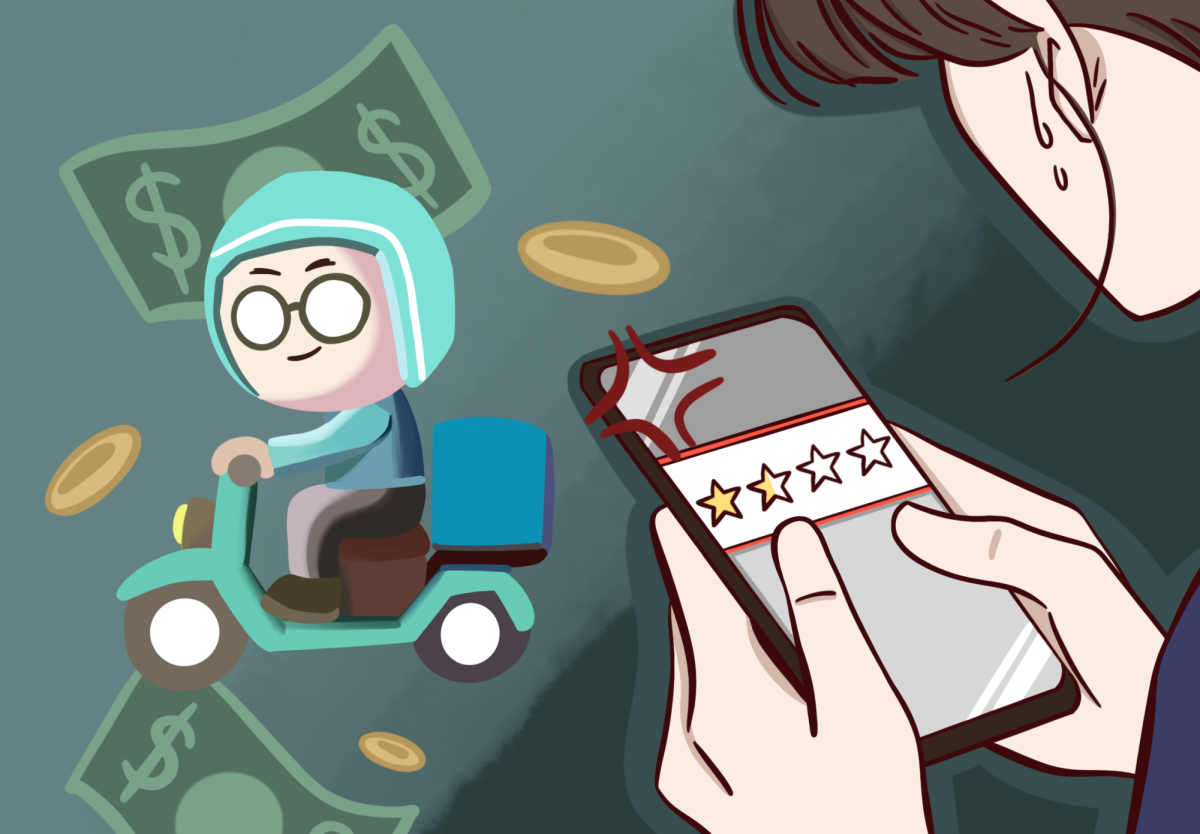
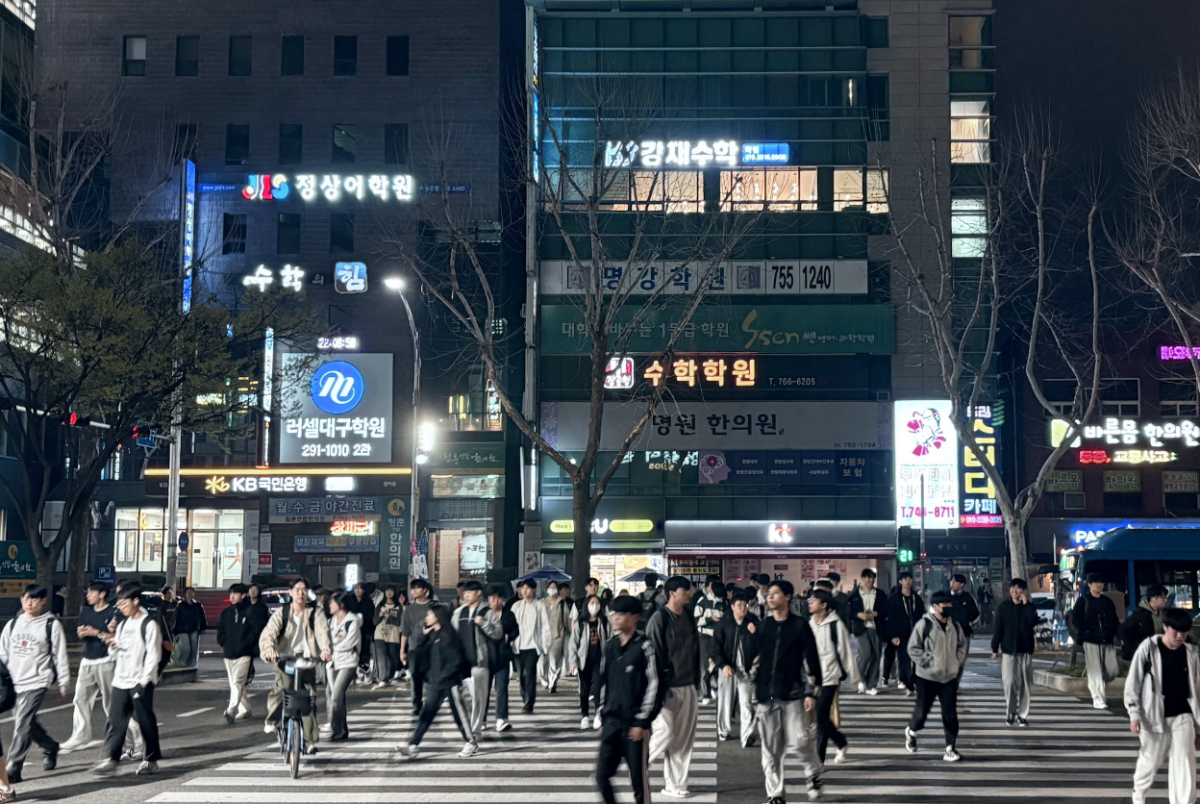


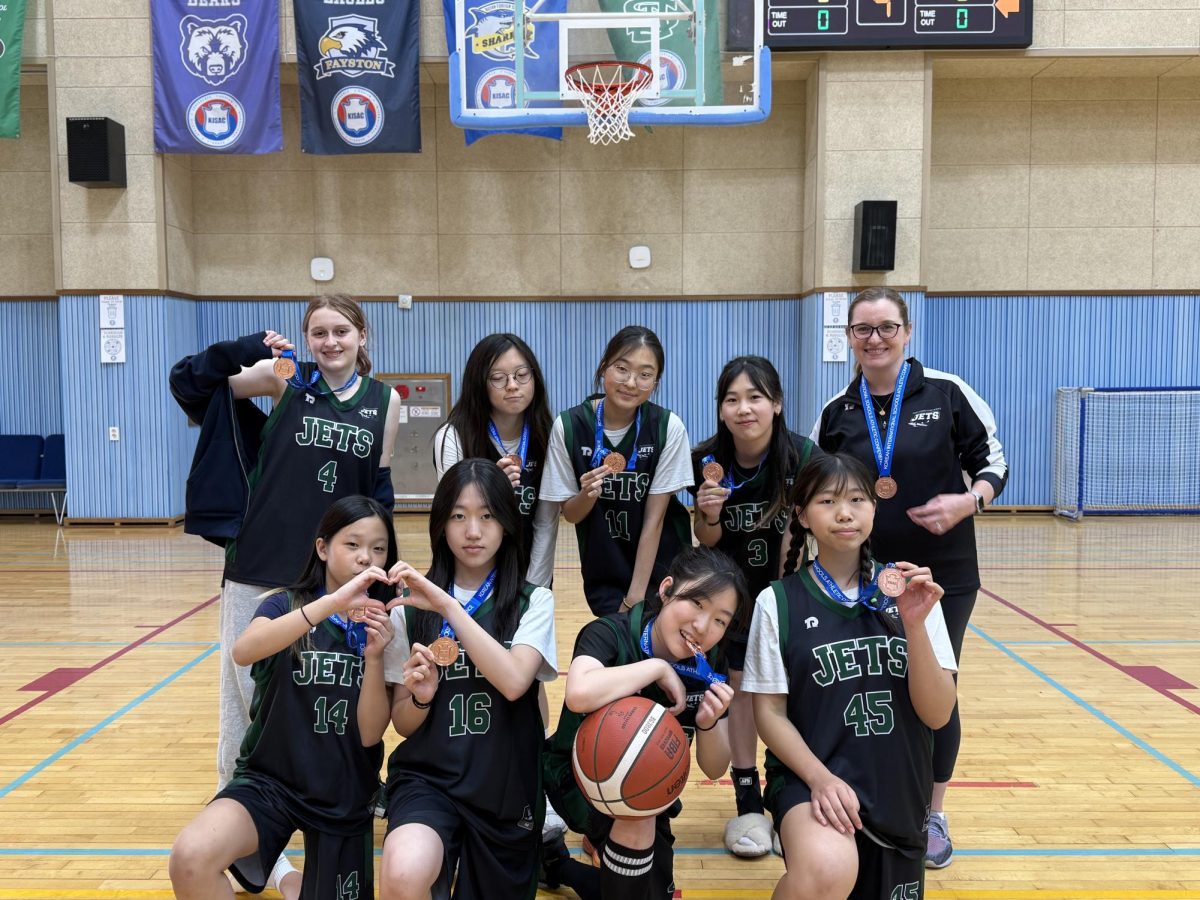
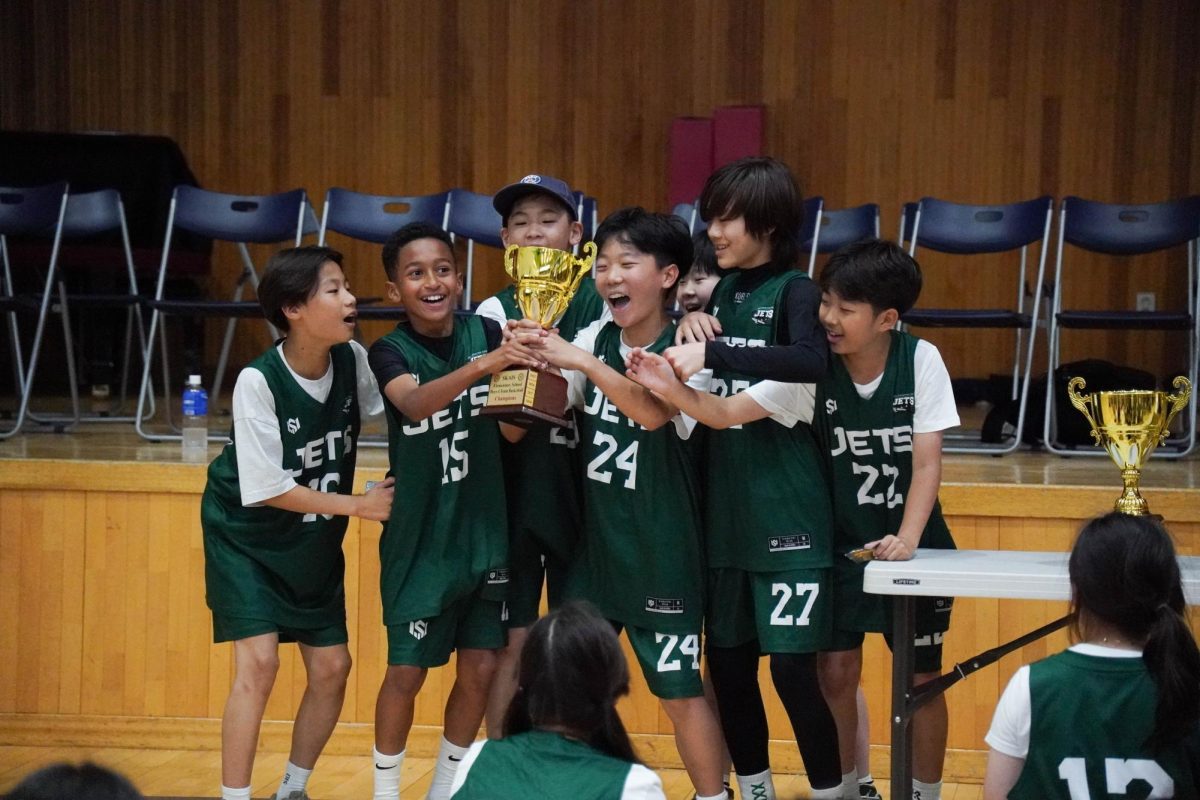

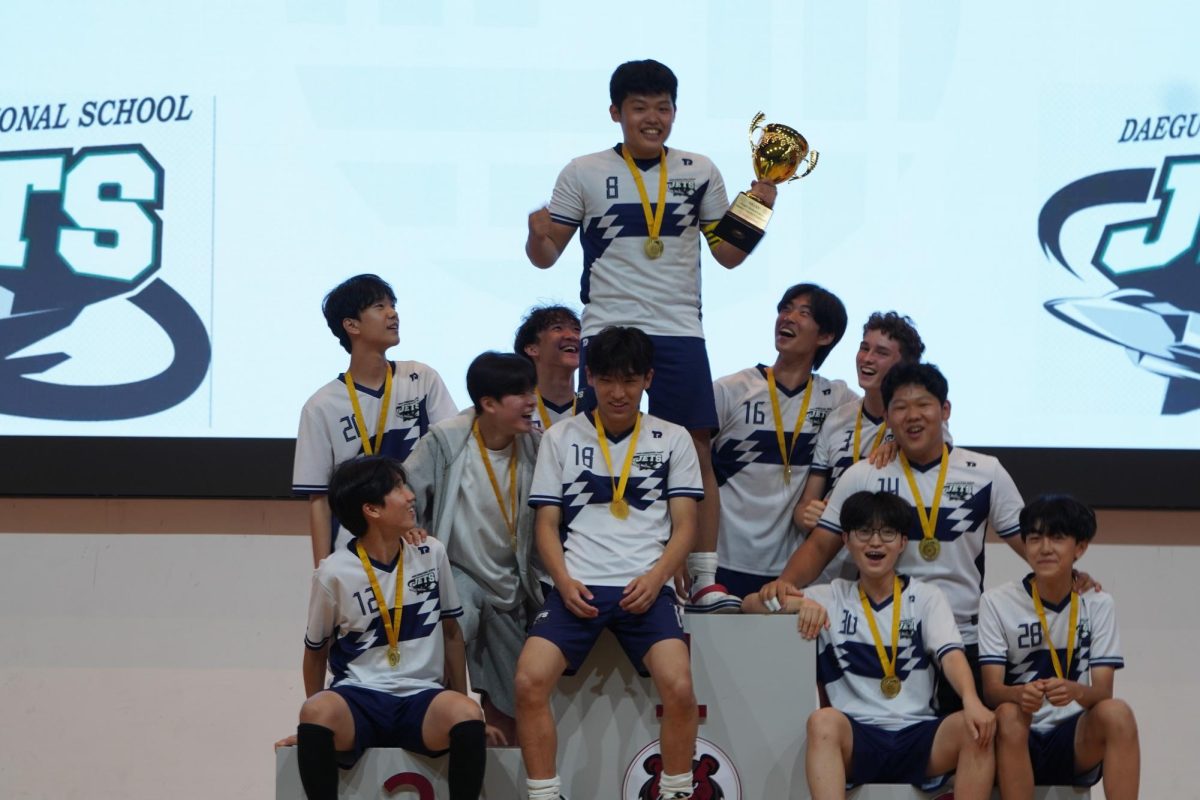






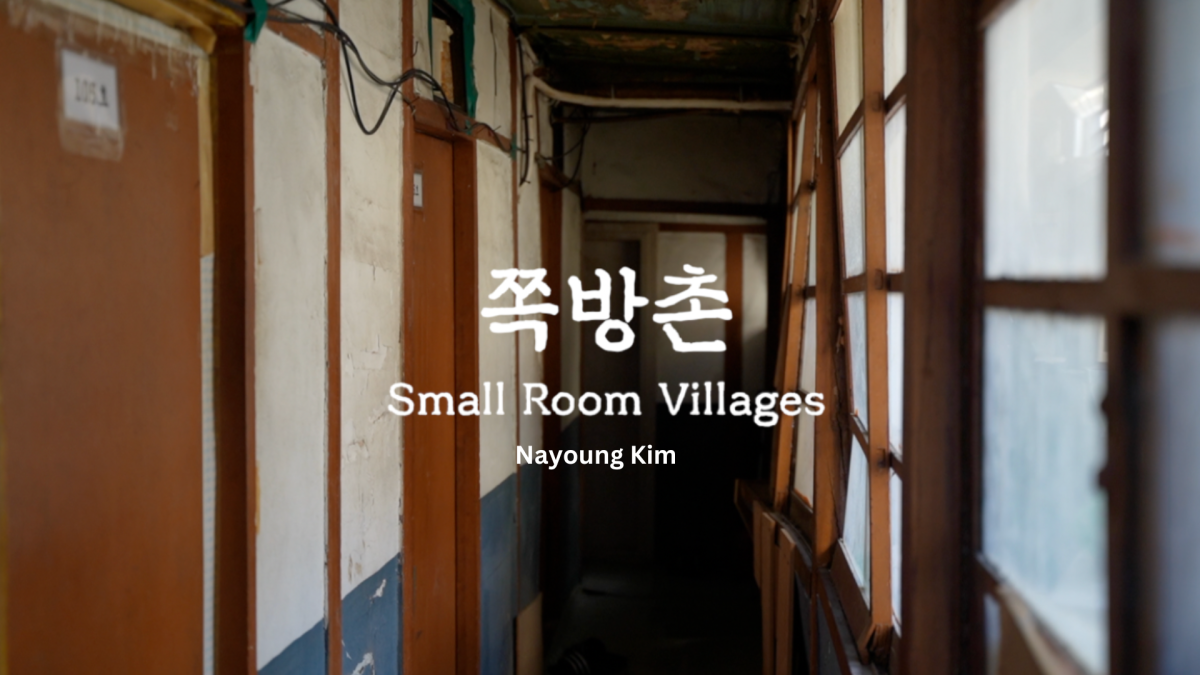
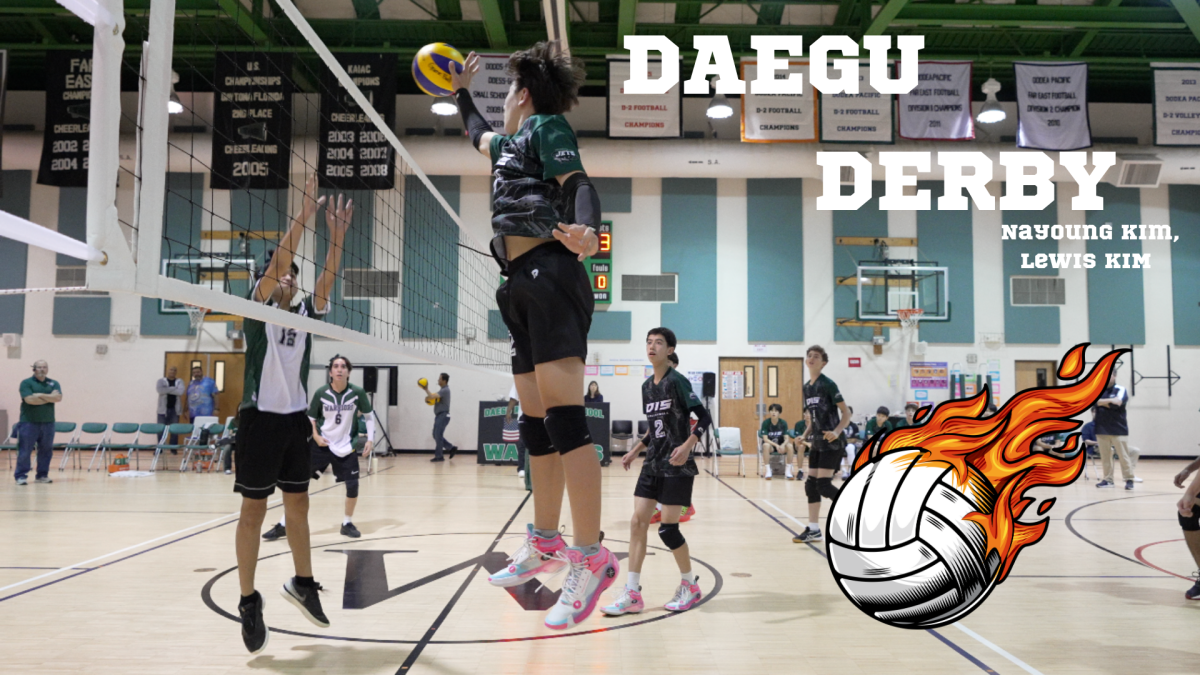

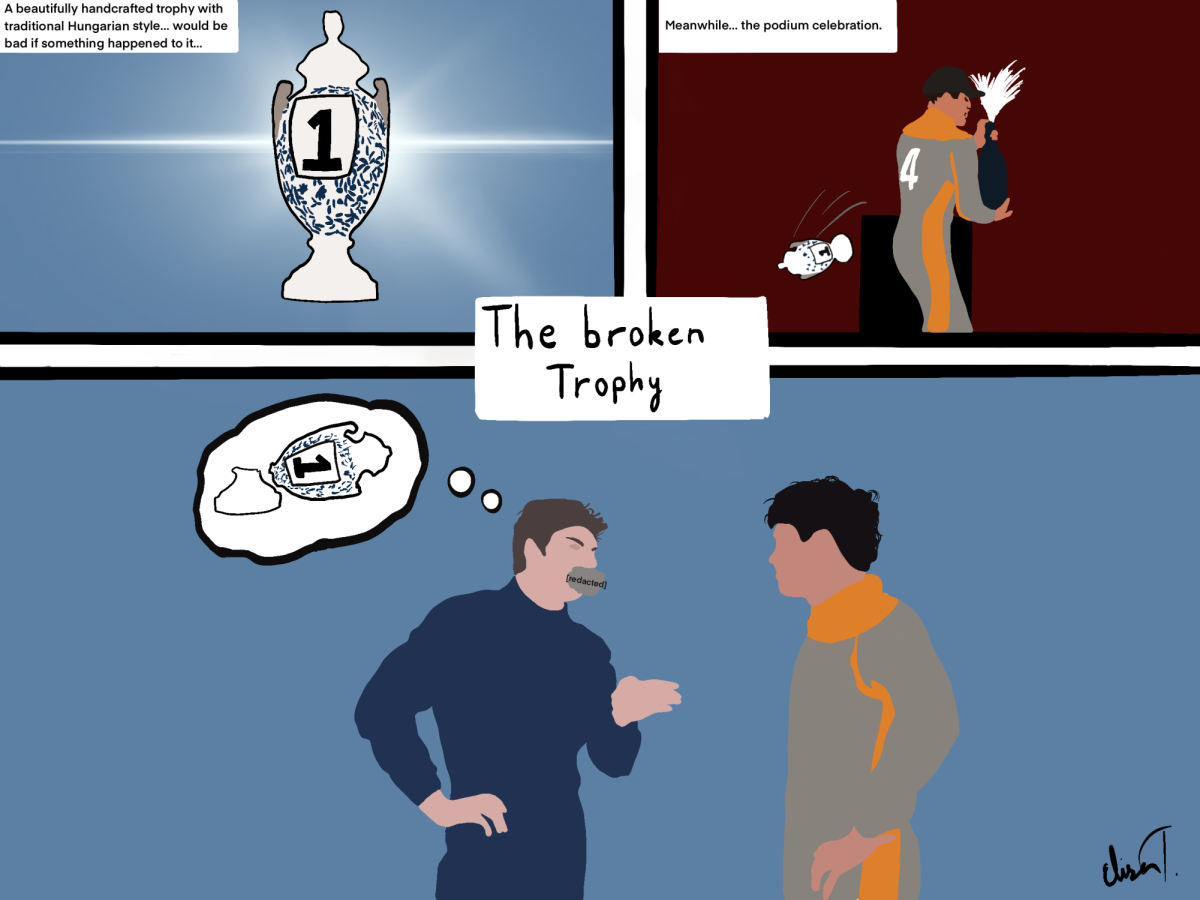
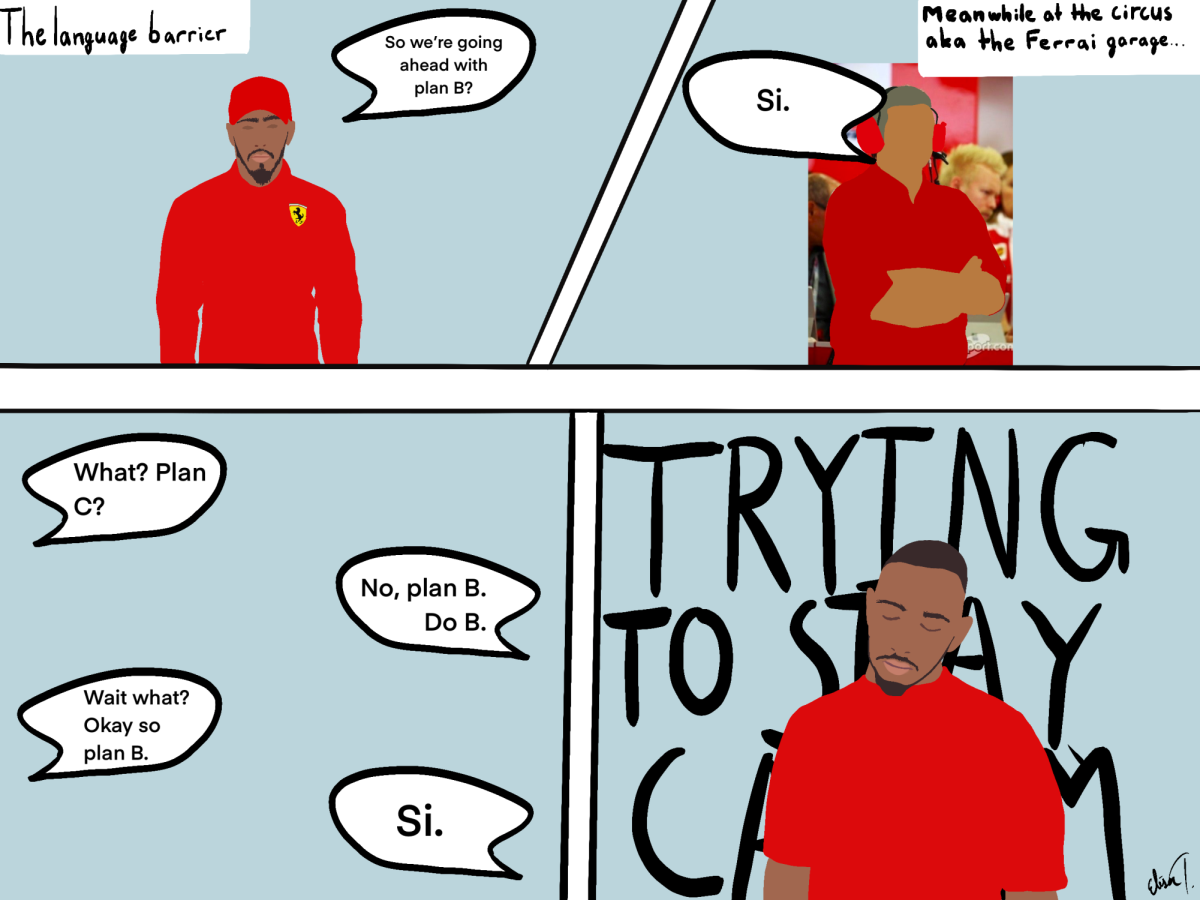
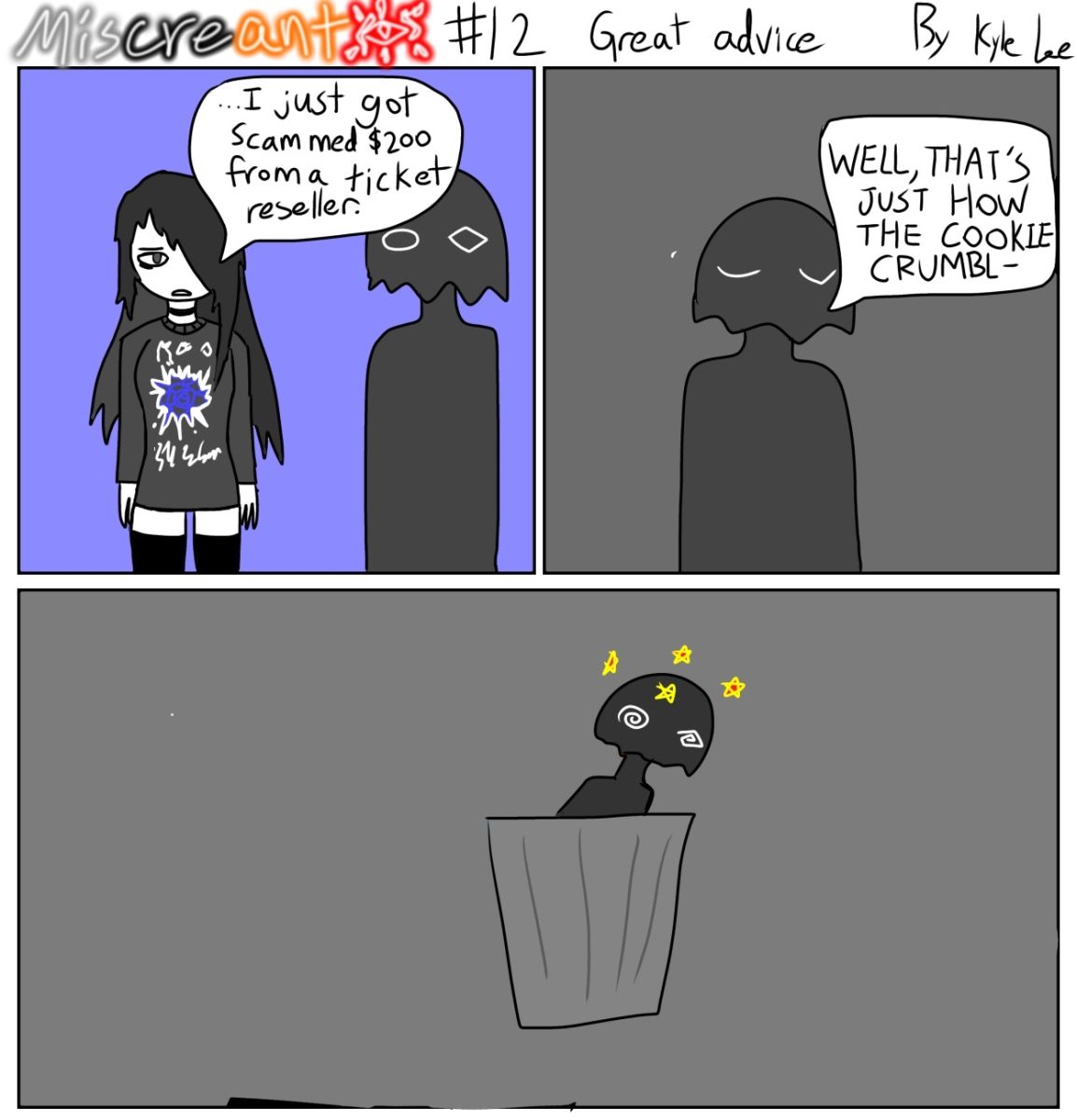
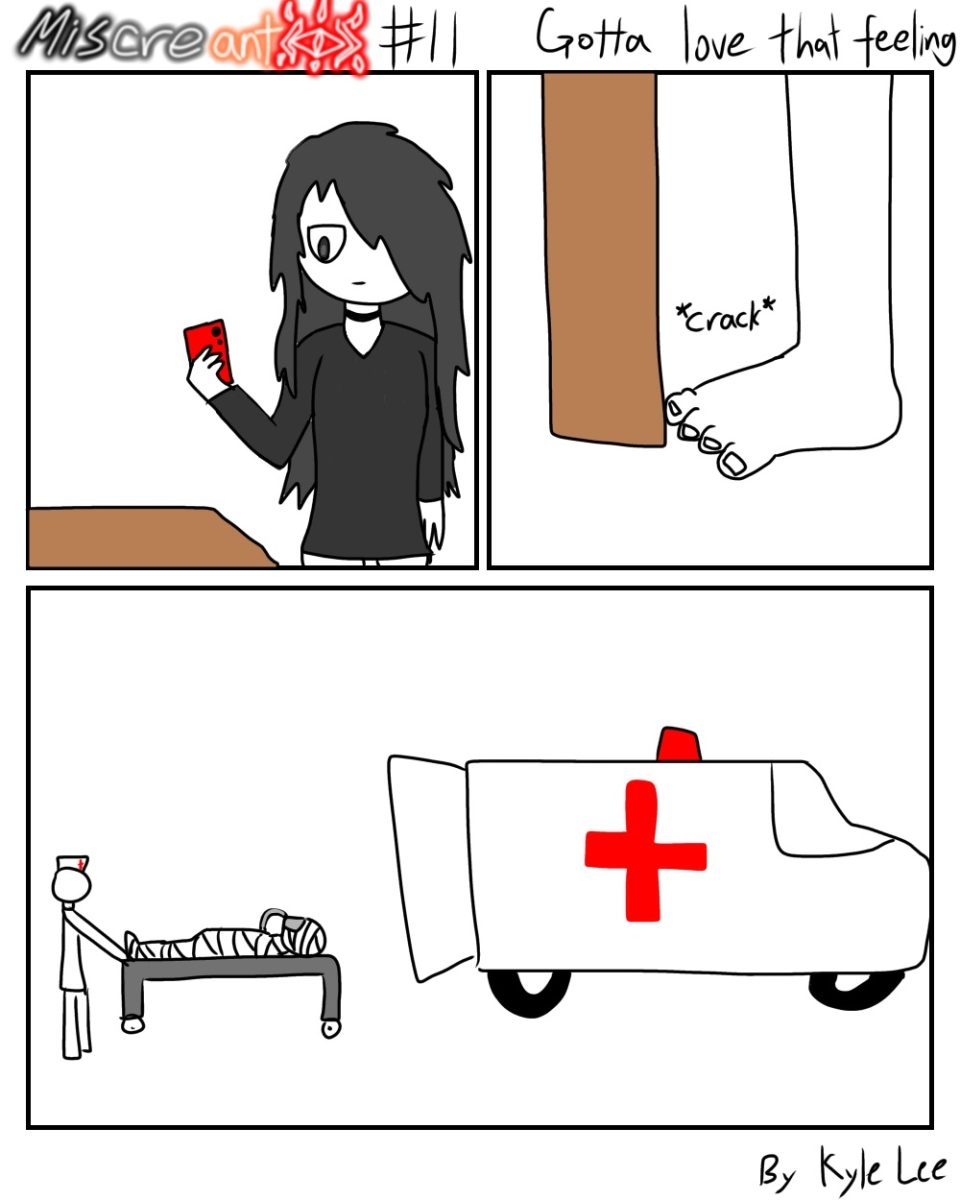
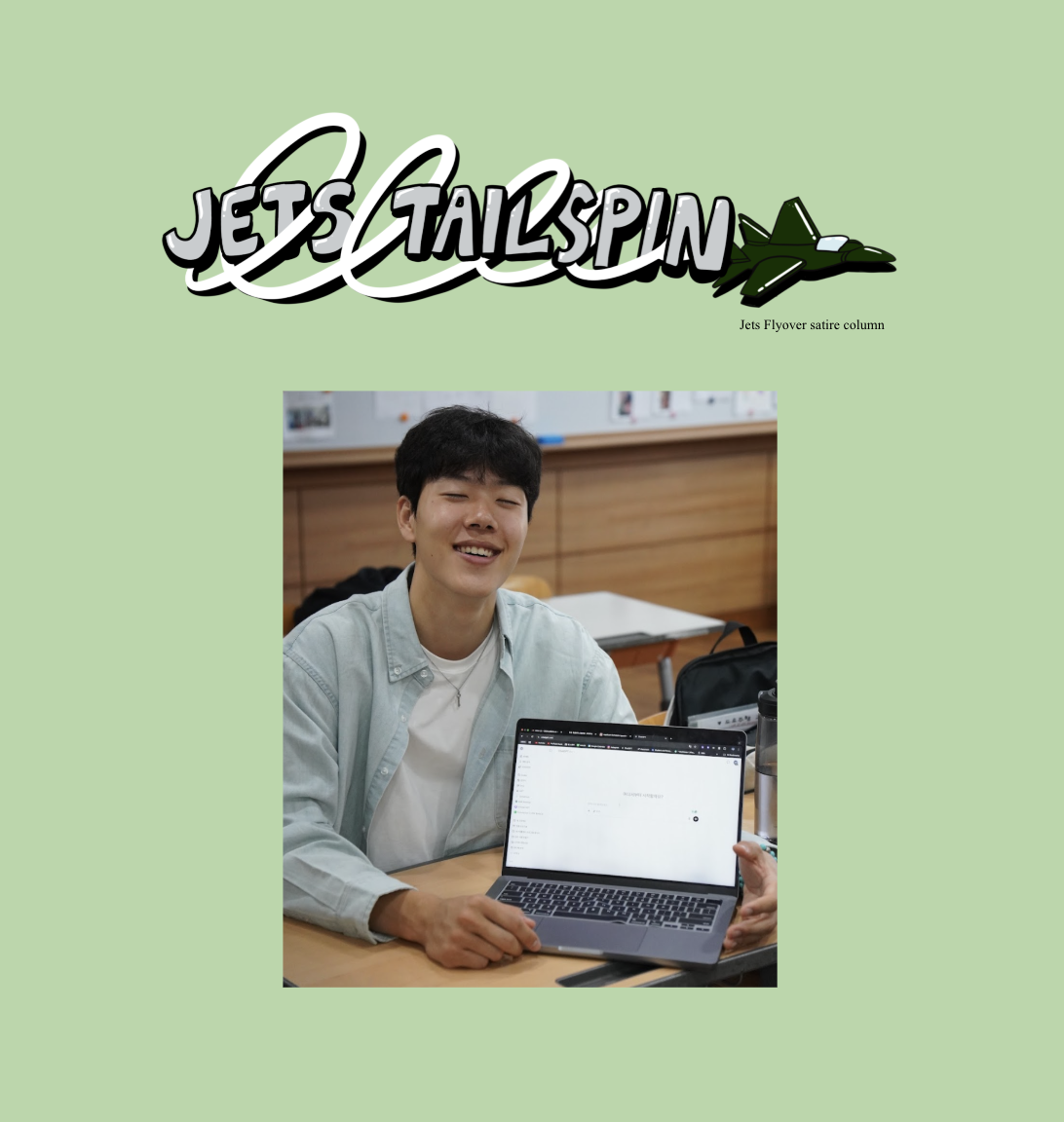
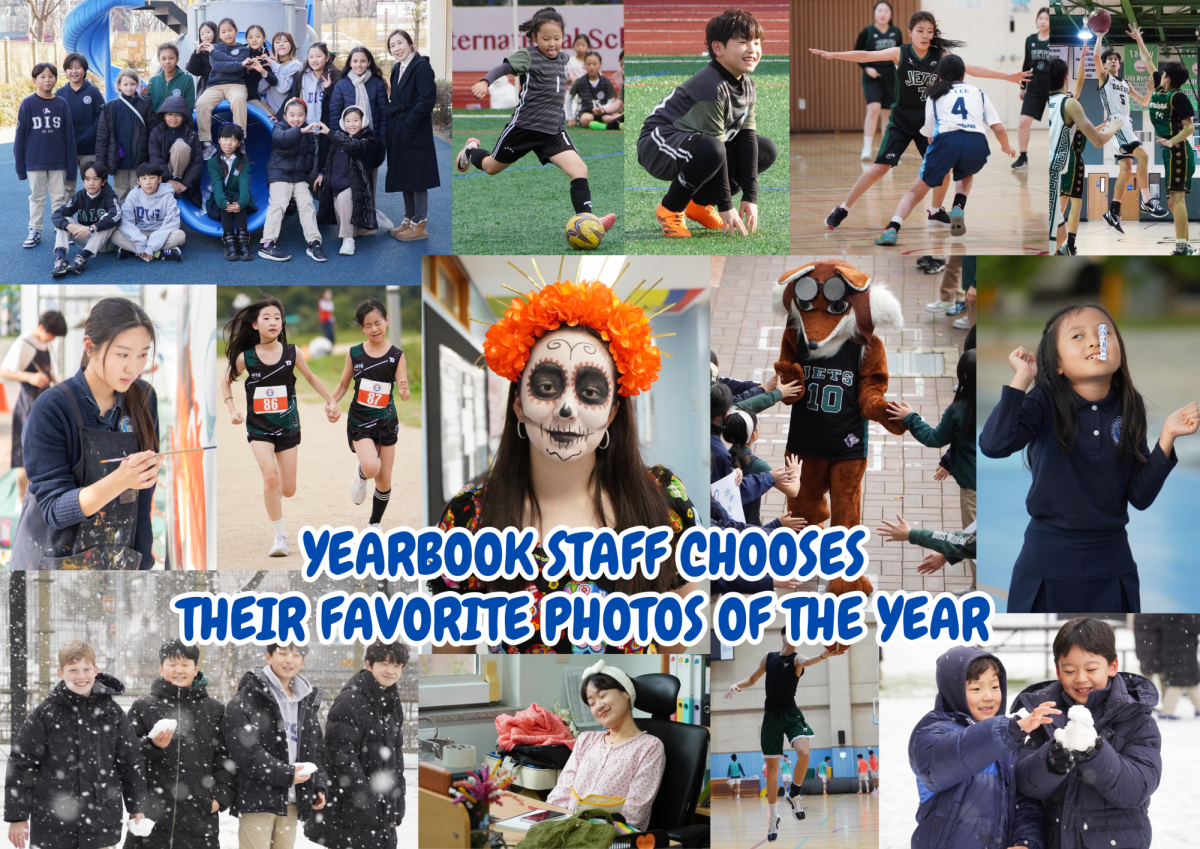
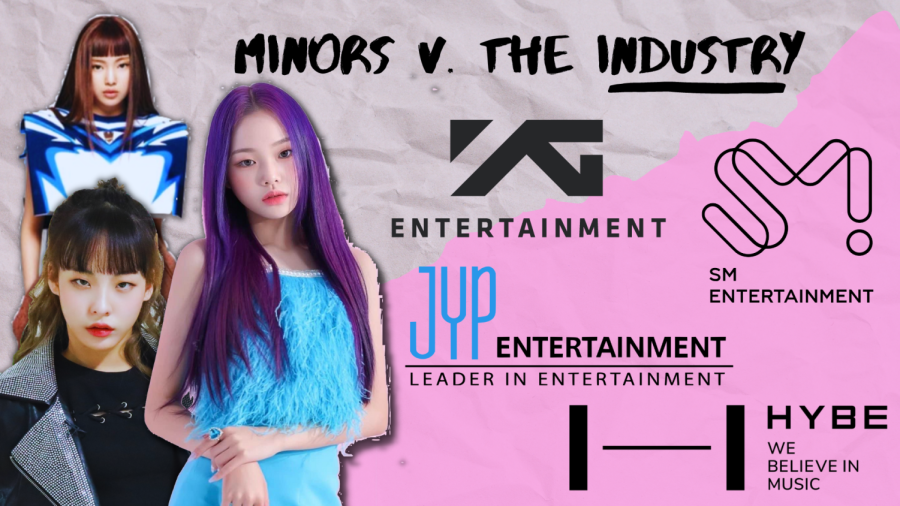

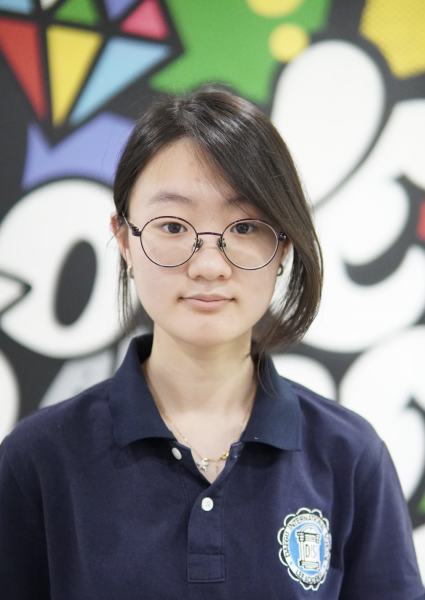



Kevin • Feb 16, 2023 at 6:29 pm
The events and examples listed in the articles are ridiculous because I don’t know why companies have to use minors if they could hire fully developed adults and make a more professional attitude.